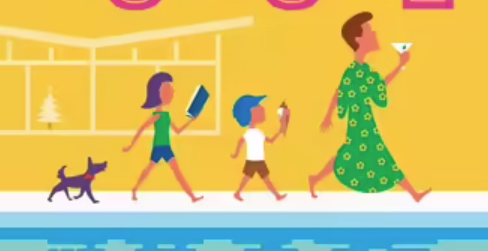
Steven Rowley has worked as a freelance writer, newspaper columnist, and screenwriter. Originally from Portland, Maine, he is a graduate of Emerson College. He currently resides in Los Angeles with his boyfriend and their dog. He is the author of Lily and the Octopus, The Editor, and The Guncle.
Today, Steven, to celebrate the recent release of The Guncle, is here to take on our Ten Terrifying Questions! Read on …
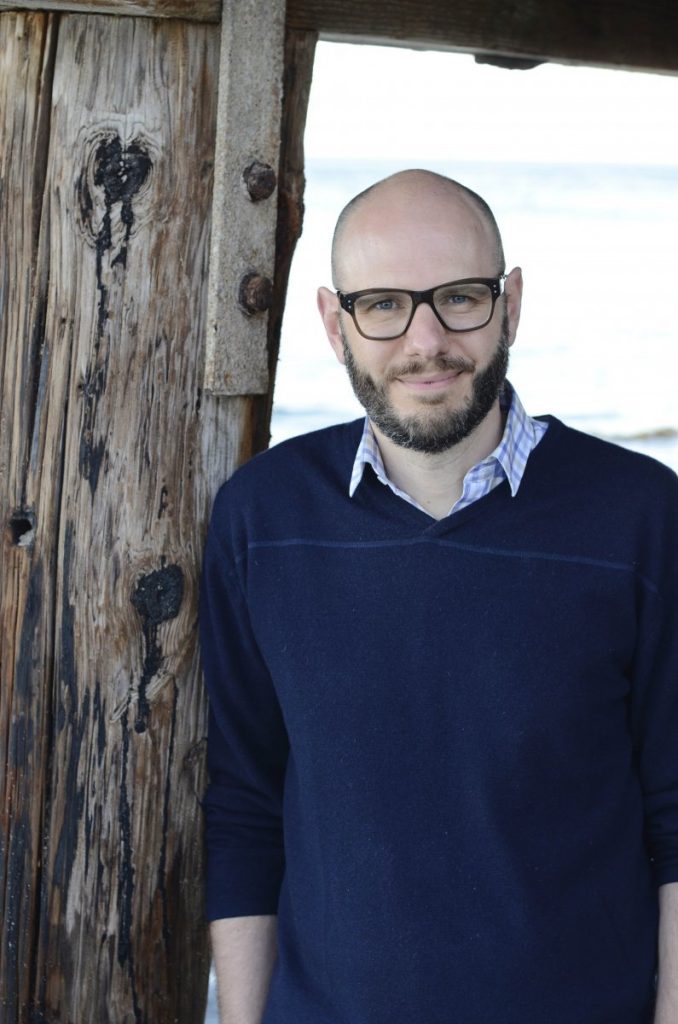
1. To begin with, why don’t you tell us a little bit about yourself – where were you born? Raised? Schooled?
I was born in the United States and raised in Maine, a rural state in New England. I was lucky to be grow up in a place and time with well-funded public schools and to have parents who got me a public library card – and insisted I use it. These were two things that made a huge difference in my life and it was an early love of reading that led me to the career I have today. I was that kid checking out a large stack of books weekly earning looks from the local librarian. Are you sure you are going to read all of those? Believe me. I WAS SURE.
2. What did you want to be when you were twelve, eighteen and thirty? And why?
When I was twelve I wanted to be an author. I remember the exact moment. My dad took a short story I wrote to his office and used the photocopier to run off several copies for family and friends. It was a light bulb moment. Wait, there can be more than one copy of something I write? By eighteen I had forgotten all about writing and wanted to be an actor as I had been very involved in school theater. But by thirty I was back to writing again – although I thought I would be a screenwriter and not a novelist! And since all three of my novels are in development as feature films, I’ve had the opportunity to write the screenplays for two. So I wasn’t entirely wrong!
3. What strongly held belief did you have at eighteen that you don’t have now?
That I would die young. I came out in 1991 at the height of the AIDS epidemic and I was convinced I wouldn’t live to see thirty. More gay men were dying of AIDS in the early 90s than even the late 80s. I was convinced that life would be lonely, sad and short. Instead it has been full of community, joyous and comparatively long. And I’m so grateful.
4. What are three works of art – this could be a book, painting, piece of music, film, etc – that influenced your development as a writer?
The books of Beverly Cleary taught me to love reading as a kid. The books of Stephen King captured my teenaged imagination and because he also lived in Maine like I did made me think maybe someone from a rural state like me could actually be a success in publishing, and The Secret History by Donna Tartt was the first novel I read as an adult that really opened my eyes to what novels can do.
You have put in the work. The first book you write may not be the first you publish.
5. Considering the many artistic forms out there, what appeals to you about writing a novel?
I like how internal novels can be. How you can have access to a character’s innermost thoughts and come to understand how their minds work. How specific novels can be while still leaving room for the reader to picture a world or a character so completely in their own minds. There’s a wonderful collaboration between author and reader.
6. Please tell us about your latest book!
The Guncle is the story of Patrick O’Hara, a once famous television star living a reclusive life in Palm Springs. Tragedy strikes and he’s tasked with taking in his nine year-old niece Maisie and six year-old nephew Grant for the summer after the death of their mother, leading to a season of healing for all three. Despite the novel being an examination of grief and grieving, it is also my funniest novel to date as these three characters come to understand one another and was very much inspired by the love I have for my own nieces and nephews.
7. What do you hope people take away with them after reading your work?
That grieving is a process, that it’s not always temporary but we can learn to live with it, and that we’re never as alone in the world as we may think we are.
8. Who do you most admire in the writing world and why?
My previous novel was entitled The Editor, so I think you can imagine the esteem in which I hold them. While The Editor is about a young writer in early 1990s New York and his relationship with his very famous book editor – Jacqueline Kennedy Onassis – most editors, particularly copyeditors, work more anonymously and they are so incredible vital to the publishing process.
9. Many artists set themselves very ambitious goals. What are yours?
Do they? I feel like many of my writer friends are just trying to get through one book at a time, almost like we have to relearn how to do this with each book. I would like to see the movies based on my books get made. Beyond that, I would be honored to keep doing what I do, and perhaps getting a little better with each book. I didn’t publish my first novel until my mid-40s, so I just feel very grateful to be able to do what I do.
10. Do you have any advice for aspiring writers?
You have put in the work. The first book you write may not be the first you publish. I have two unpublished manuscripts sitting on a shelf; it was my third that was the first to land me an agent and a publisher. But the first two were vital in learning how to write. So try to develop your own unique voice and style and never give up.
Thank you for playing!
—The Guncle by Steven Rowley (Simon & Schuster Australia) is out now.
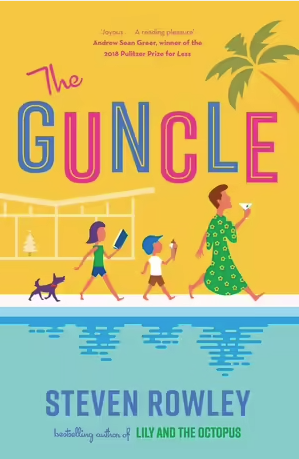
The Guncle
From the author of Lily and the Octopus comes a moving and deeply funny novel about a once-famous sitcom star who is left to care for his niece and nephew after an unexpected family tragedy.






 Ten Terrifying Questions with Paul Daley!
Ten Terrifying Questions with Paul Daley! 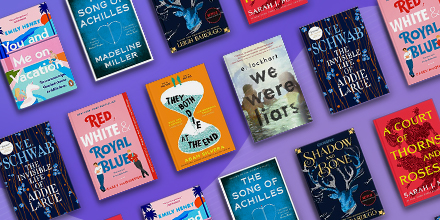 Here’s everything trending on BookTok right now!
Here’s everything trending on BookTok right now! 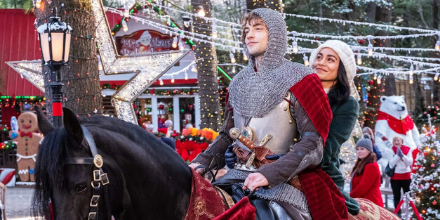 8 books for diehard lovers of Netflix Christmas movies
8 books for diehard lovers of Netflix Christmas movies
Comments
No comments